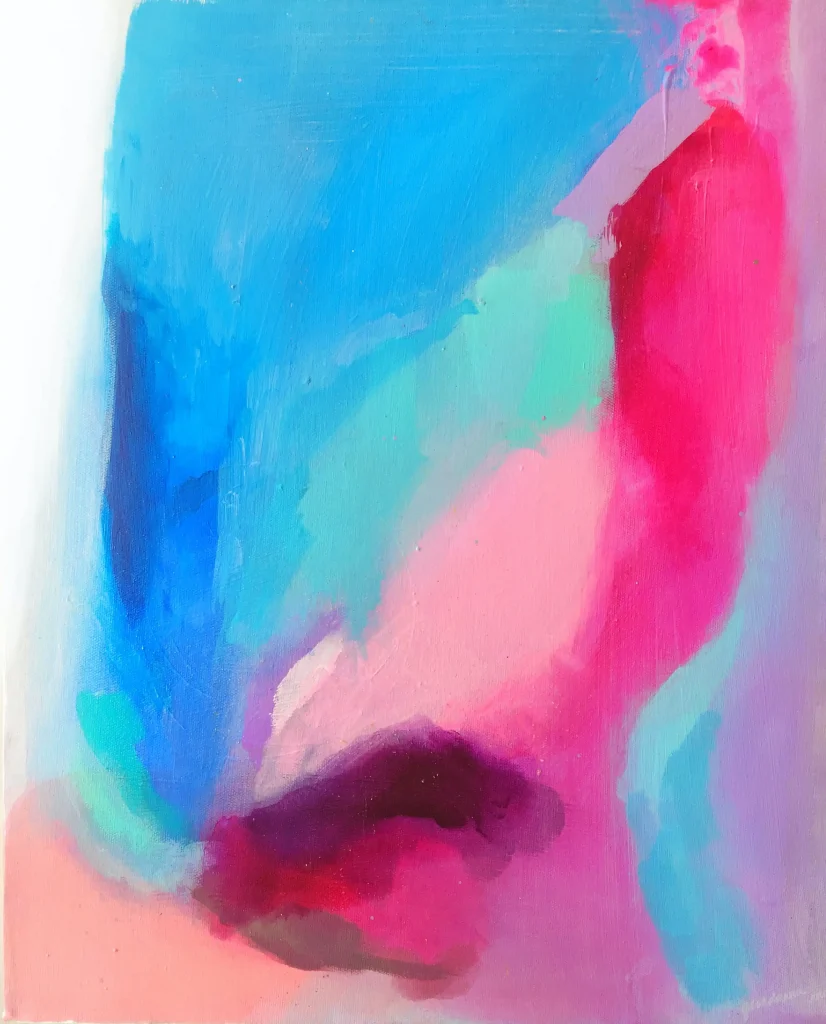Amidst the rapid pace and stresses of modern life, mental health challenges have emerged as a pressing concern. According to the World Health Organization, a quarter of the global population is expected to encounter a mental health issue at some point. While traditional treatments like counseling and medication remain crucial, a growing appreciation for the therapeutic advantages of creative endeavors, such as art therapy, is taking root. Art therapy presents an exceptional and effective avenue for delving into emotions, alleviating stress, and fostering overall well-being. In this discourse, we will plunge into the realm of art therapy, uncovering its profound healing prowess in bolstering mental health.
What is Art Therapy?
Art therapy epitomizes a genre of psychotherapy that seamlessly integrates creative expression into the healing journey. It forges a secure, non-judgmental space wherein individuals can communicate and fathom their thoughts and emotions via diverse artistic forms. Guided by adept art therapists, this process encourages clients to explore their feelings, experiences, and inner conflicts through artistic creation.
Differing from conventional talk therapy, art therapy accesses the subconscious, enabling self-expression unshackled by linguistic confines. Proficiency or artistry is not a prerequisite for reaping the benefits; the focus lies on the creative process rather than the final outcome.
Mechanics of Art Therapy:
Art therapy enlists an array of artistic mediums, encompassing drawing, painting, sculpture, collage, and even digital art. This creative journey exteriorizes internal battles, rendering them tangible and comprehensible. The art therapist collaborates closely with clients to decode the artwork, unveiling concealed emotions and unresolved issues.
Moreover, the act of creation is inherently therapeutic, invoking diverse brain regions and culminating in relaxation and stress alleviation. Creative engagement prompts the release of dopamine, the brain’s “feel-good” neurotransmitter, culminating in a sense of gratification and achievement.
Mental Health Gains from Art Therapy:
Art therapy bestows an array of merits upon individuals grappling with diverse mental health conditions or life’s challenges:
Emotive Expression and Processing:
Art provides an untrammeled conduit for emotions that verbal communication may struggle to convey. Through art therapy, intricate emotions like grief, trauma, or anxiety are externalized and explored, fostering a profound understanding of one’s inner world.
Stress Alleviation:
Participation in creative activities triggers the relaxation response, dissipating stress and ushering in tranquility and serenity. Art therapy anchors individuals in the present moment, redirecting focus from daily concerns and anxieties.
Self-Discovery and Insight:
Art creation unveils latent thoughts and sentiments that may elude conscious awareness. Art therapists decode clients’ creations, unearthing fresh insights and fostering self-discovery.
Boosting Self-Esteem and Confidence:
Completion of artistic projects bolsters self-esteem and confidence. Art therapy nurtures risk-taking and experimentation, emboldening individuals to trust their artistic instincts and fortifying their sense of empowerment.
Amplifying Communication and Social Skills:
For those grappling with verbal expression, art therapy bridges the communication gap. Art therapists assist clients in refining their social skills, forging meaningful connections via creative outlets.
Resilient Coping Mechanisms:
Art therapy equips individuals with effective coping strategies that transcend therapy sessions. Engaging in creative pursuits evolves into a constructive coping mechanism for managing emotions and stress.
Art Therapy’s Reach:
Art therapy transcends age boundaries, catering to children, adolescents, adults, and seniors alike. It proves especially salient for individuals confronting a spectrum of mental health challenges, including:
• Depression and anxiety disorders
• Post-traumatic stress disorder (PTSD)
• Substance abuse and addiction
• Eating disorders
• Attention-deficit/hyperactivity disorder (ADHD)
• Chronic pain or medical conditions
• Autism spectrum disorders
• Alzheimer’s disease and dementia
Professional Art Therapy Guidance:
For those wrestling with mental health burdens, integrating art therapy into a comprehensive treatment regimen can prove invaluable. Seeking out qualified and licensed art therapists, adeptly trained in the field, is essential.
Art therapy heralds a transformative and holistic approach to mental health care. In the face of the evolving mental health landscape, art therapy emerges as an empowering and enriching modality, an embodiment of the resilience and healing potential that lie within the human spirit.



